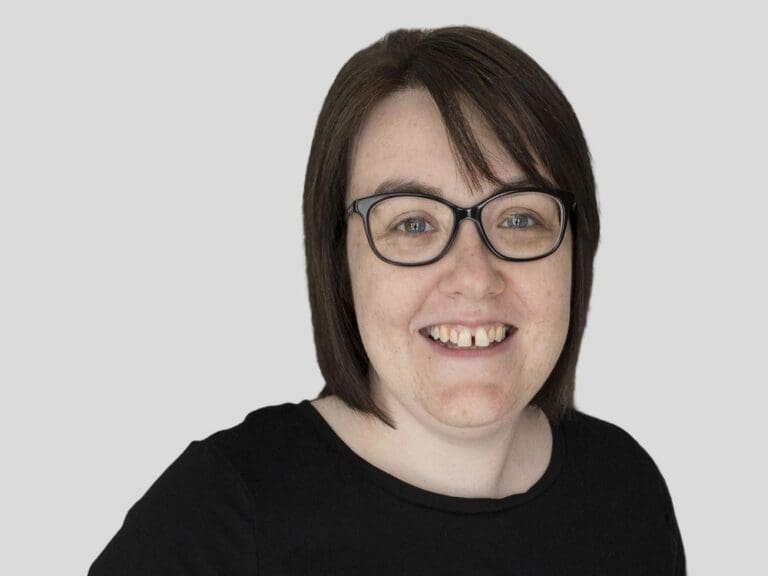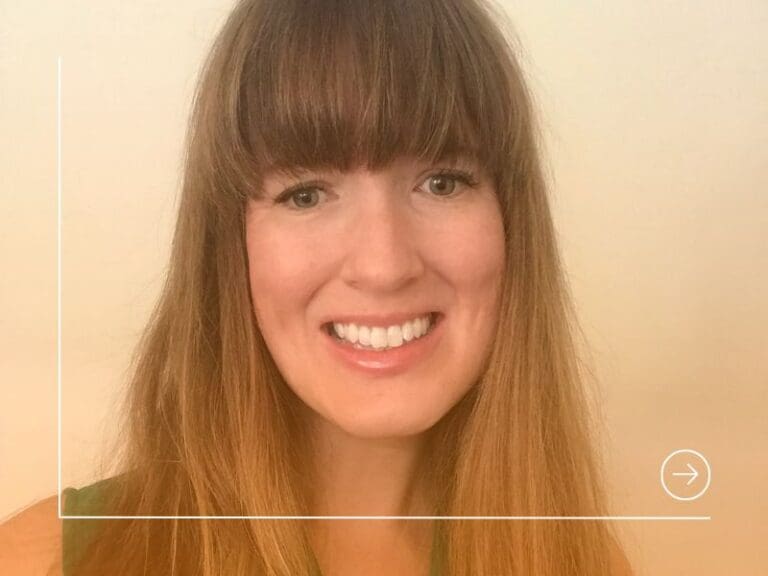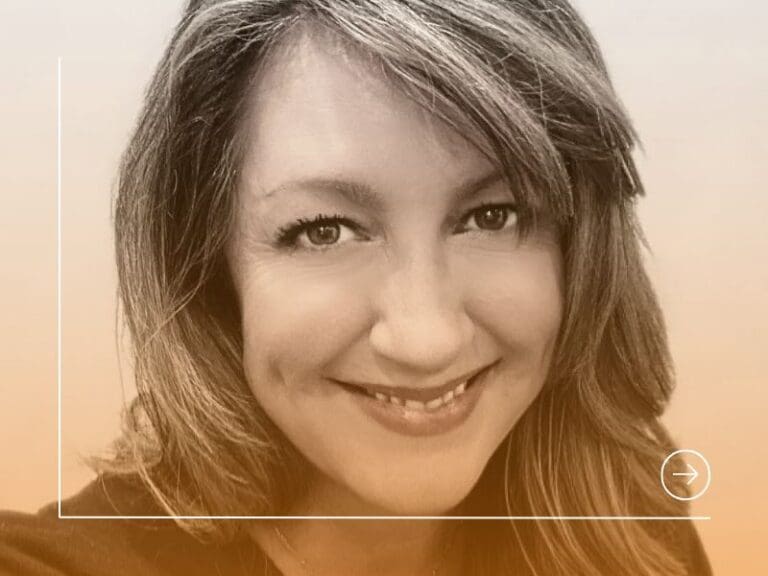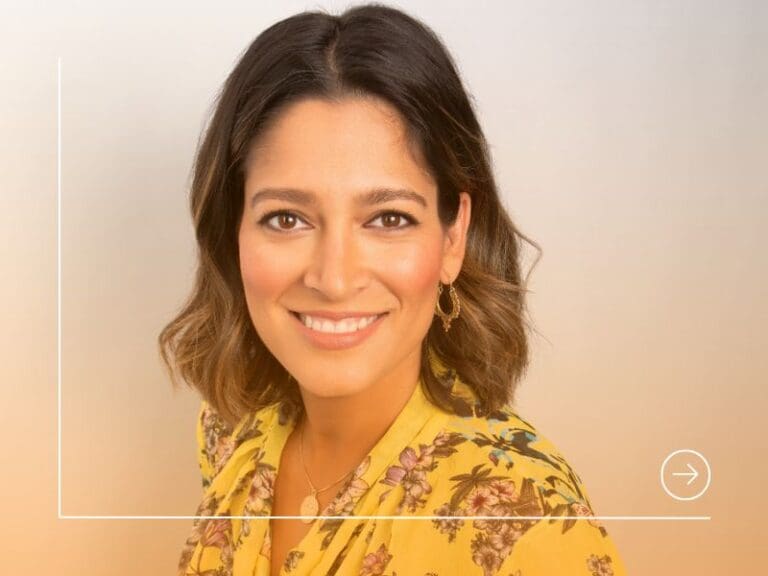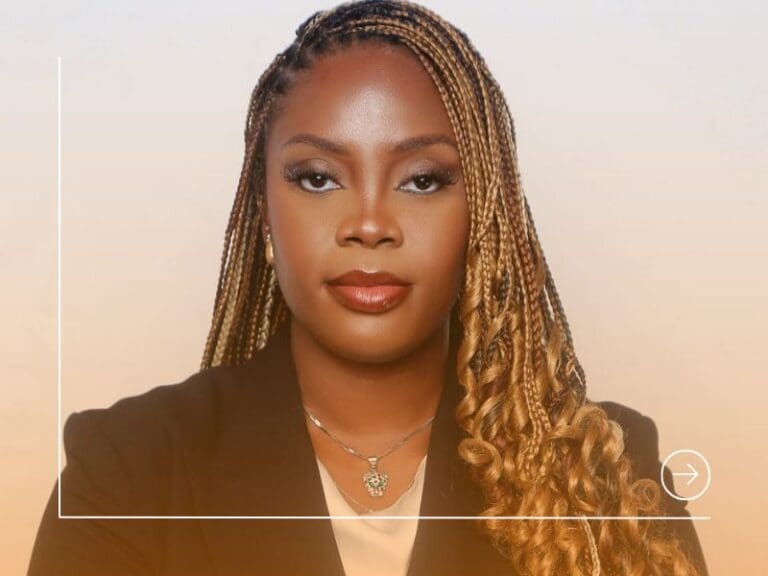Initially joining REPL on the graduate scheme, Emily has been Principal Software Engineer since 2022. Since stepping foot in the industry in 2018, Emily went on to win the Midlands Woman in Tech’s Rising Star Award and shortly after was runner up in the Everywoman in Tech Software Engineer of the Year Award in recognition of her programming skills and dedication to securing a future pipeline of women and girls in the industry.
WE SAT DOWN WITH EMILY TO TALK ABOUT HOW SHE GOT INTO THE INDUSTRY, WINNING AWARDS FOR HER WORK, OVERCOMING INSECURITIES AND HER ADVICE FOR OTHER WOMEN IN TECH.
HOW DID YOU LAND YOUR CURRENT ROLE? WAS IT PLANNED?
Initially, I pursued a degree in languages, specialising in modern languages and linguistics. I took maths, physics, and Russian at A-level but as I attended an all-girls school, I was encouraged to study languages at University.
After graduation, I ended up falling into jobs in the civil service and higher education administration, which I enjoyed, but I always knew I had an interest in technology. From a young age, I gravitated toward technical roles, such as system testing and design.
Taking a big risk, I made the decision to return to University to study computer science through a one year Master’s programme at Aston University. It was a bit out of character for me at the time since I had a mortgage, had recently gotten married, and had various other commitments.
While attending a careers fair during my studies, I coincidentally met REPL, a company that showed a genuine interest in me as an individual. They wanted to know about my skills and aspirations, especially as a woman in technology, and although they didn’t have any open roles at the time, they reached out to me just before I handed in my dissertation with some job opportunities. Since I had just come out of university, they put me on the graduate scheme, which was fantastic.
DID YOU (OR DO YOU) HAVE A ROLE MODEL IN TECH OR BUSINESS IN GENERAL?
During my time working in administration at the video games department at Birmingham City University, the lecturers were incredibly supportive. They encouraged me to pursue my interests and involved me in their work, giving me exposure to the industry and helping me understand why I was working in that particular sector.
WHAT ARE YOU MOST PROUD OF IN YOUR CAREER, SO FAR?
I would have to say it’s the awards that I have received and been nominated for, including Software Engineer of the Year at the Everywoman in Tech Awards and the Rising Star award at the Midlands Woman in Tech event, after being in the industry for only 18 months.
Winning and being nominated for the awards was an incredible shock, and it brought me to tears.
It validated the fact that my career change was worthwhile and gave me a tremendous boost of confidence, especially being nominated alongside other remarkable women who have had fantastic careers.
WHAT DOES AN AVERAGE WORK DAY LOOK LIKE FOR YOU?
My workdays are quite dynamic and varied. In the morning, there are typically a few meetings with my team, including a stand-up where we discuss everyone’s progress and any challenges we might be facing.
A significant portion of my day is dedicated to programming and development. I have focus time where I can delve into coding and work on various projects. Sometimes I engage in pair programming, which is a collaborative approach where two programmers work together on a task. It’s a non-siloed environment, and teamwork is encouraged.
As one of the more senior members of the team, I also take on mentoring responsibilities, which involves guiding and supporting junior members, problem-solving, and ensuring they have everything they need to succeed.
ARE THERE ANY SPECIFIC SKILLS OR TRAITS THAT YOU NOTICE COMPANIES LOOK FOR WHEN YOU’RE SEARCHING FOR ROLES IN YOUR FIELD?
I’ve noticed a difference in the past 4-5 years regarding the skills and traits companies seek in candidates. Previously, there was a strong emphasis on hiring software developers with 5-10 years of experience working with specific technologies like Java. However, companies are now looking for well-rounded developers with transferrable skills.
The technology industry has always changed very fast, but it is now changing at such a rate that it will be tricky for people to have five years’ experience with a particular tech stack or programming language as these technologies are new and still evolving.
Instead, companies are now looking at how candidates learn and apply skills they’ve learnt elsewhere, plus what other non-technical skills they have – such as leadership, communication, and knowledge of security practices.
HAVE YOU EVER FACED INSECURITIES AND ANXIETIES DURING YOUR CAREER, AND HOW DID YOU OVERCOME THEM?
I have faced insecurities and anxieties throughout my career, particularly due to being one of the older people on the graduate scheme. I am aware that many of my peers started their careers in this field right after university, that people at my skill level are younger than me and people at my age have more experience than I do.
Although some people say it doesn’t show, I know the feeling will always be there as it’s part of my nature.
One thing I try not to do anymore is directly compare myself to other people and that’s the advice I’d give to others as well.
ENTERING THE WORLD OF WORK CAN BE DAUNTING. DO YOU HAVE ANY WORDS OF ADVICE FOR ANYONE FEELING OVERWHELMED?
Firstly, try not to compare yourself to others too much and have faith in your own skills and abilities. Everyone has something to give, and successful teams are not made up of people who can do the same things. It’s been proven that a diverse team is a better and stronger team.
Secondly, the technology industry is a huge field, there’s so much information out there and it’s moving really fast. With so many new things happening all the time, you’ve got to accept that you’ll never know everything. I focus on what I need to know that’s relevant to my role, things I’m interested in, and build a network so I have people close to me if I need to know about a specific topic.
WHAT ADVICE WOULD YOU GIVE OTHER WOMEN WANTING TO PURSUE A CAREER CHANGE IN THE FIELD?
You have to believe in yourself and go for it. If it’s something you really want to do, know you can achieve it if you put your mind to it. The career change was the best decision I’ve ever made, not just in terms of my career opportunities and job satisfaction but I feel better in myself as well.
Take some time to work out how you want to get into the industry, and what kind of role you want.
Then work out whether you need to study, or need a mentor, and come up with a bit of a plan for yourself.
WHAT HAVE YOU DONE TO ENCOURAGE OTHER WOMEN AND GIRLS IN TECH?
I take pride in contributing to the pipeline of talent and generating interest in the industry. I had the ideal education for a career in programming, yet I had no idea that it was a viable path for me.
It’s vital to ensure that other young people know what options there are.
Through the awards I’ve won, including in the Rising Star award at the Midlands Woman in Tech event in 2019, I’ve met quite a few local charities who do work in schools. Through that, I’ve been into schools to give talks about what it’s like to work in the technology industry, what roles you might find, and held workshops on coding and app design. It’s all about paying it forward.


